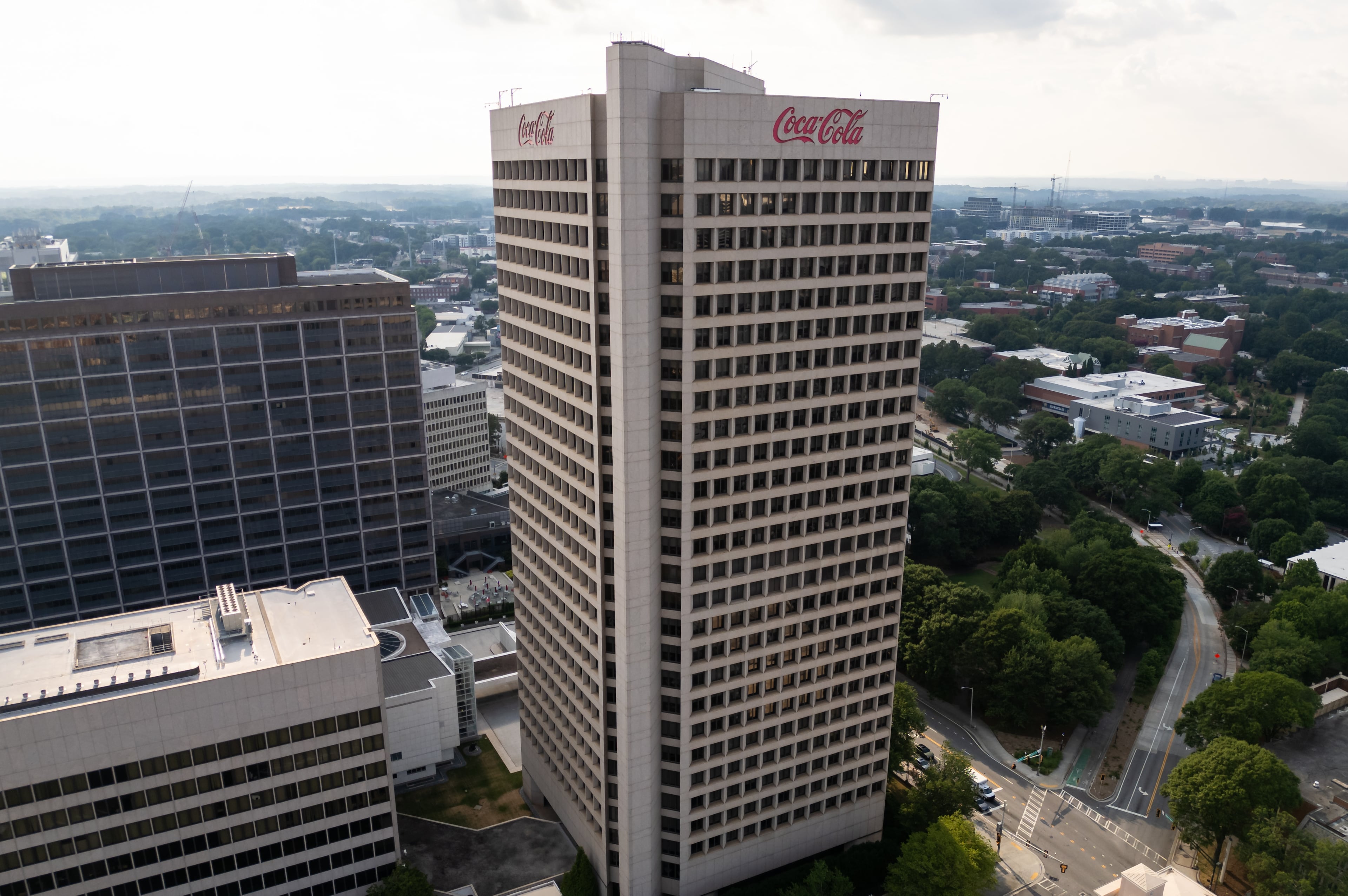Jobless recovery will be slow
Let’s take a quick glimpse backward at a couple of recessions to see what might lie ahead in the way of recovery, as everyone seems to agree we have reached a bottom.
Until this one, I’ve always considered the 1973-75 recession the worst. Why? Because it was really bad, and I was fresh out of college and unable to find a job.
By the next recession, 1981-82, I was working at the AJC, so that contraction was a major story but not a personal hardship. (Proving the gist of the saying: a recession is when your neighbor is out of work; a depression is when you are.)
Both recessions lasted 16 months, longer than any of the post WWII recessions. Until this one.
But by most other measures, the ’81-82 contraction was worse than ’73-75, certainly by the human measure of unemployment.
The earlier one, at its worst, hit 9 percent unemployment, but just one month.
The other averaged 9.6 percent unemployment for all of 1982, ending that year at 10.8. Even after the recession officially ended, unemployment remained above 10 percent for seven months, as hiring lagged the recovery even more than usual.
So will this recession, which many say is reaching a bottom, be the worst since the Depression, eclipsing the ’81-82 slump?
Longer for sure. As of April (17 months).
Nationally, we haven’t reached the 10 percent unemployment milestone, though most expect us to.
Could we have 10 months of 10 percent or more unemployment as we did during the 1981-82 recession and its spillover into 1983?
Few are predicting that nationally.
In Georgia, however, we hit 10.1 last month. Jeffrey Humphreys, professor at UGA’s Terry College of Business, says we’ll break 11 percent in mid-2010. That would mean more than a year of 10 percent or more unemployment. Between 10 and 11 percent there are around half a million unemployed Georgians.
Already, Humphreys points out, we’ve lost as many jobs as were created in Georgia over the last 10 years.
When folks worried about the U.S. undergoing a “lost decade” similar to Japan in the 1990s, I assumed we were talking 10 years out. It never dawned on me that we could lose a decade at the speed of sound.
It’s nearly as grim for the country’s job losses.
When hiring resumes, it will be slow go, according to Humphreys.
Not until 2013 will we get back to the number of jobs we had prior to the recession, both here and nationally.
That’s a description of a jobless recovery.
Countering all the stimulus, government spending and low interest rates, which some hope might ignite a robust recovery, is a consumer still reeling from a massive loss of wealth.
But Humphreys believes the biggest risk to the economy and to recovery is our “broken banking system.”
And you thought we had fixed our banking system?
Not by a long shot.
We just decided it was too difficult and interfering with a policy wish list that includes this summer’s hot topic: health care reform.
Thomas Oliver writes a business column. He can be reached at toliver.writeright@gmail.com


